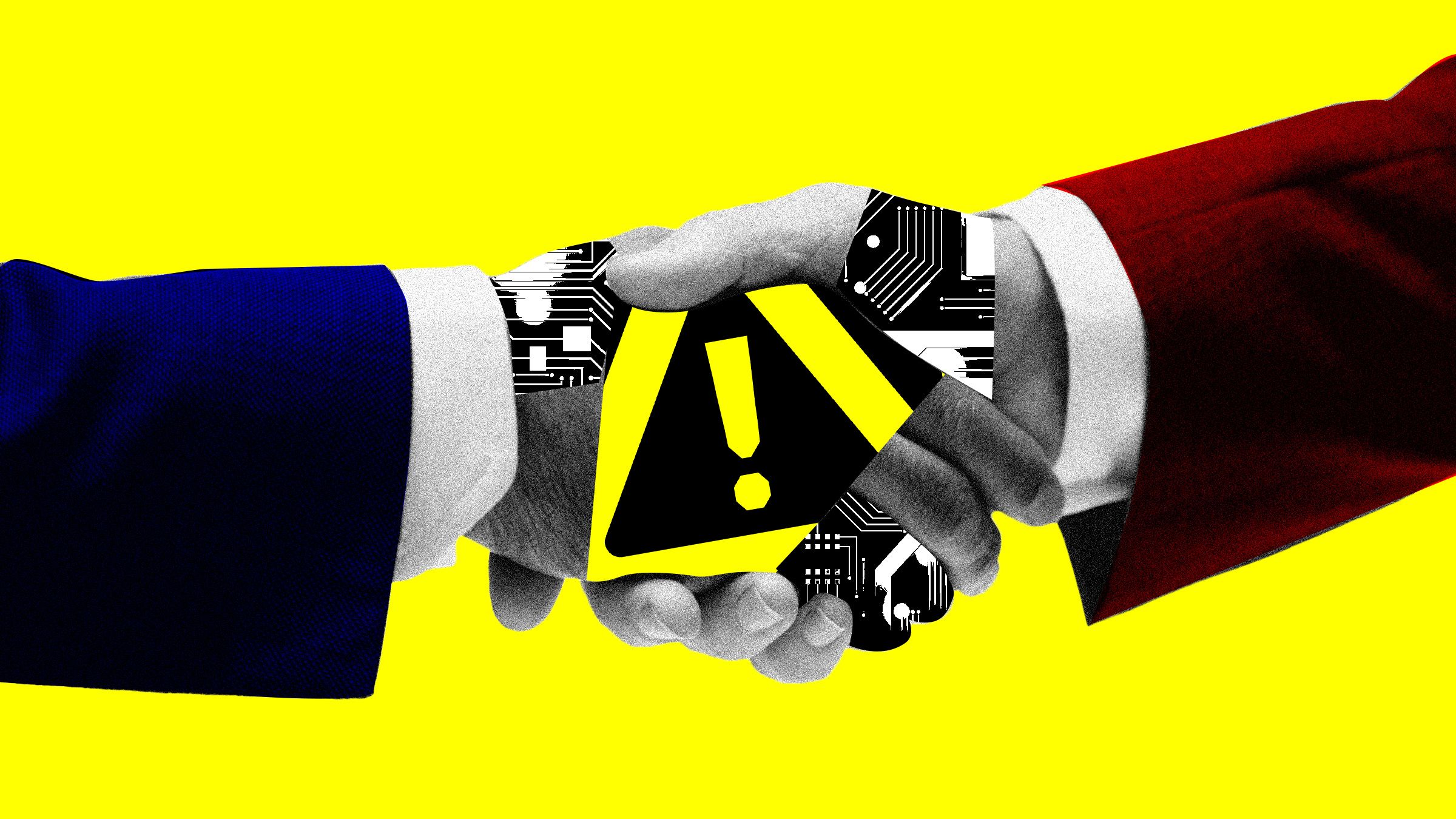Deepfakes, Scams, and the Age of Paranoia
We are living in a time where technology has advanced to such a degree that the line between reality and fiction is becoming increasingly blurred. One of the most concerning developments in this technological age is the rise of deepfakes – digitally altered videos or images that manipulate reality to create highly convincing fake content.
Deepfakes have the potential to be used for malicious purposes, such as spreading misinformation, creating fake news, or even committing fraud. This has led to a wave of paranoia among the public, who no longer know what to believe or who to trust.
Scammers have also taken advantage of this uncertainty, using deepfakes to impersonate trusted individuals or organizations in order to trick people into giving up sensitive information or money. As a result, people are becoming increasingly wary of any form of digital communication, fearing that they may be the next victim of a sophisticated scam.
In this age of paranoia, it is more important than ever to be vigilant and critical of the information we consume. We must verify the sources of the content we see online, question the authenticity of what we are presented with, and be cautious when sharing personal information or making financial transactions.
However, while deepfakes and scams are a cause for concern, they also serve as a reminder of the power of technology and the need for ethical boundaries in its use. As we continue to navigate this digital landscape, it is crucial that we balance the benefits of technological advancement with the potential risks it poses to our society.
Ultimately, the age of paranoia that we find ourselves in is a reflection of the complex relationship between technology and society. It is up to us to determine how we want to shape this relationship, and to ensure that we do not let fear and mistrust dictate our actions.



